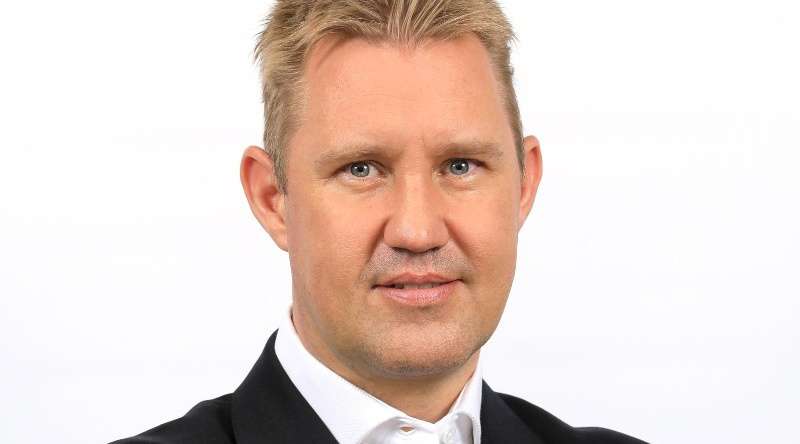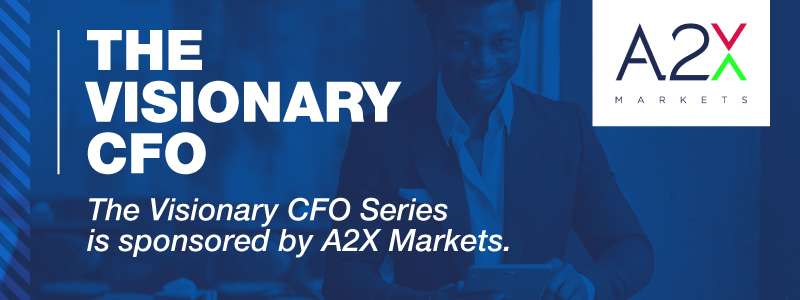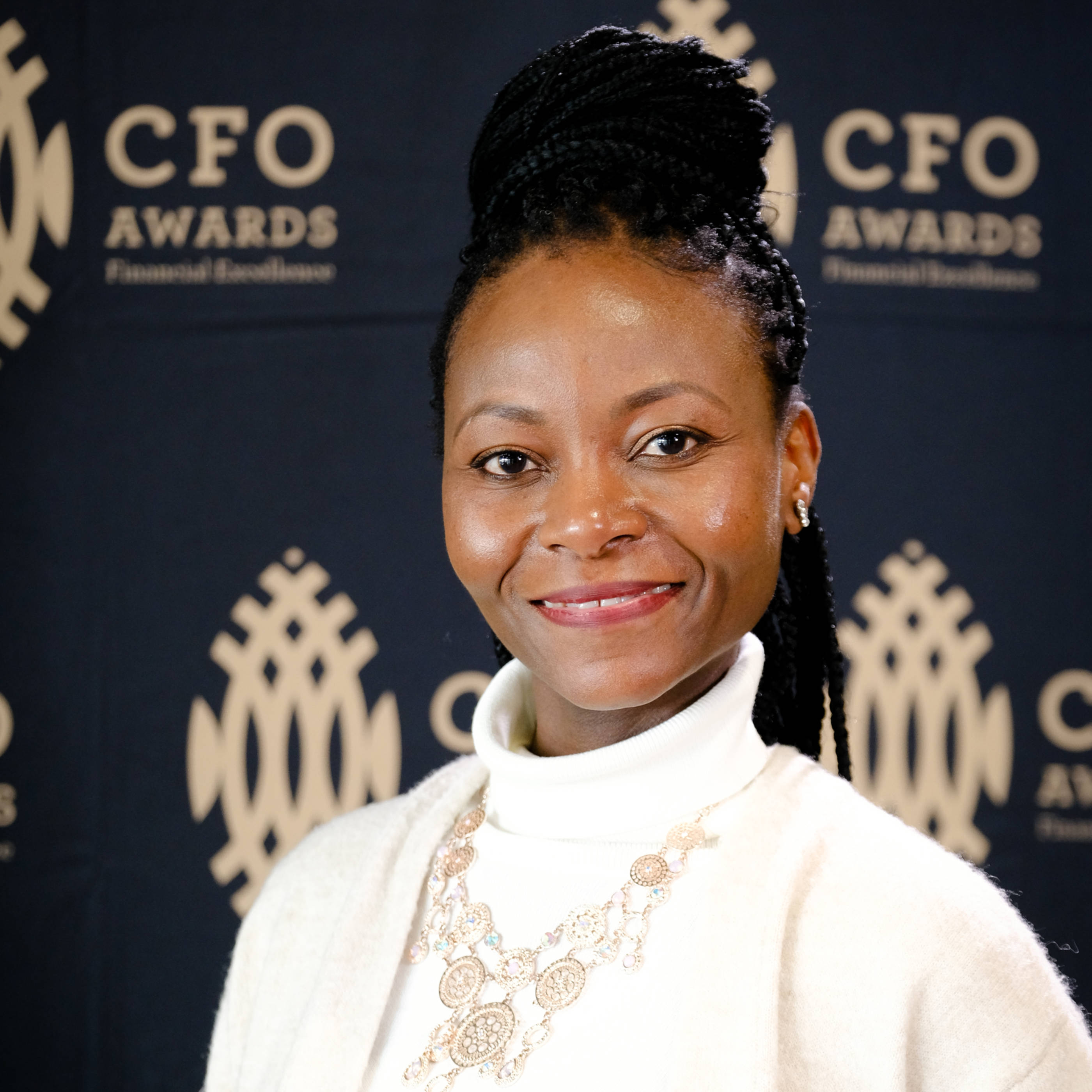Deon Smith, CFO of Thungela Resources, shares his playbook on how to go through a demerger during a pandemic.
The Visionary CFO Series is sponsored by A2X Markets.
While studying economics and social sciences at the early age of 16, Deon Smith, now CFO of Thungela Resources, noted what a disproportionately positive impact mining has on everyone involved in the process. The industry’s impact can be felt from the countries in which the resources are, to the miners and communities around mines.
With his knack for numbers from an early age, a career in finance within mining was an easy choice. So when Anglo American announced that it would demerge its thermal coal operations in South Africa to a new holding company called Thungela Resources, Deon was the ideal fit for leading this journey.
His team used to be a business unit in the Anglo group, and various functional disciplines such as investor relations, treasury, tax and others had to be constructed from a blank page for a standalone listed entity across the JSE and LSE. It has been a mammoth task to prepare the demerger and establish new teams for the transformation, and his immediate priorities as CFO of the new entity are focused on transitioning into a standalone business.
|
A2X is a stock exchange committed to bringing real growth, choice and value to the South African marketplace. Like the visionary CFOs featured, the team at A2X understand the importance of making the numbers work for you. Through lower exchange fees and narrower spreads, A2X is able to make significant savings available to the market. Have you empowered your shareholders with the opportunity to capture these benefits? |
New pressures, new leadership style
Deon says his leadership style has changed a lot over the past year. “My previous leadership style was very hands-on, but with Covid-19 and the demerger happening concurrently, I had to adapt to a more enabling leadership style. This required that as we worked remotely, I had to allow people to take up more responsibilities from a distance and only get involved in the details where there was very significant risk or opportunity to run to ground.”
He says the process has been challenging, and has involved embarking on major projects such as implementing a new resource management system and publishing huge volumes of information about the new entity. “My historical management system would not have prevailed. I couldn’t control everything, direct every outcome, person and calculation. The team has performed exceptionally well, working through such a high pressure process.”
When the demerger was announced in May 2020, it was envisaged that the period to do so would stretch between two to three years. However, the process was condensed to a year in order to meet the listing window of June 2020. He says the team has achieved a lot, but admits there were times when he thought they wouldn’t make it.
“One instance was when we were launching a new ERP system in order to be a standalone listed company. It turned out a significant portion of the people who would be using that system were based at the mines and because of Covid-19, they couldn’t be trained together. Another was having to buy huge quantities of equipment when supply chains were strangled by Covid-19.”
The major challenges facing the new business in the short to medium term
With the type of change the business is going through while being extricated from Anglo American, he needs to ensure that people remain focused and motivated to operate on a “business as usual” basis. And he has to do so in a manner that keeps them safe and keeps their production up in order to deliver on the sales plan they agreed on with Anglo American.
“South Africa is – more likely than not – going to face further Covid-19 headwinds as the world battles through this pandemic, “ he says. “Keeping our people healthy and our operations productive in order to avoid serious economic strain is and will probably remain a challenge.”
ESG and the impact of the perception of coal mining as a ‘dirty business’
Deon says that as a team they are not shying away from the ‘green’ debate, and in many ways the responsibility is on his team to have the appropriate governance and social measures, and ensure that, environmentally, they are as responsible as possible. For example, as part of the demerger, they have pledged to align their priorities with the staff and communities where they operate, putting 10 percent of business in trust. This is for the community and staff incremental ownership, to demonstrate that the company is serious about social issues beyond any regulatory requirements.
“Our employees are not blind to the perceptions around coal mining and climate change, but I sense a level of realism and appreciation for the importance of our operations in the communities where they operate and therefore, they are able to focus on our operations rather than the ongoing debates around the pace and importance of transitioning to renewables,” he explains.
When it comes to ESG, as an executive director at Thungela, Deon has responsibility to assess whether what the company is doing is appropriate, and benchmark against others in the peer group. “We have to assess whether we are focused on achieving appropriate standards. To do so, we have adopted the FTSE Russell ESG Index, which gives guidance in terms of metrics we need to monitor internally and report back to the market, to ensure we hold ourselves to account as a listed entity.”
In his role, as FD he holds greater responsibility on governance, ensuring that the company adheres to a robust code of conduct, that business ethics are in alliance with values, that appropriate board structures and sub-committee structures are in place, and and to ensure they maintain the governance around those.
As FD, he also oversees the element of capital allocation: “We need to approach ESG in a financially responsible manner. It is my responsibility to ensure that our ESG aspirations are balanced against obligations to shareholders.”
The third lens on ESG is as employee in the business, he says: “As operators of the business we know and understand our responsibility to live those types of codes to ensure that what we do on a daily basis is beyond reproach, and that we are never singled out as employees of a company that says one thing but does another.”
When a team becomes involved in a demerger and separation process it is easy to forget that the finance function needs to support the mines and operations to deliver on promises to the Thungela Board and all its stakeholders. “If we do not produce safe and competitive coal we have no reason to exist,” says Deon.
The changing role CFO in the modern business
The CFO role continues to migrate away from a narrow functional responsibility into a “commercial business partner” to the CEO, exco and the board. “My role is now different as I reflect back over the last four years, as we added responsibility for Strategy, Business Development and Mineral and Property Rights to the CFO portfolio. This journey continues as we seek to generate end to end integration of various commercial levers and processes to enable me to help achieve the CEO and Board’s aspirations for the business. Beyond a broader internal functional remit as we develop a standalone business, the most pronounced change for me is the external market engagement – mainly with our shareholders.”
The major opportunities for Thungela going forward
Deon’s main priorities are to transition into a standalone, independent business, to create the Thungela identity and operating philosophies, to continue operating the business responsibly and to start to create a shared future on this exciting new path they are now on.
In the short term, they are focused on helping the market understand the business in order to support shareholders (both existing and new) to reflect on their investment prospects.
“We also need to reflect on the business’ strategy post demerger and listing as we can no longer rely on Anglo American to guide our journey,” he says.












